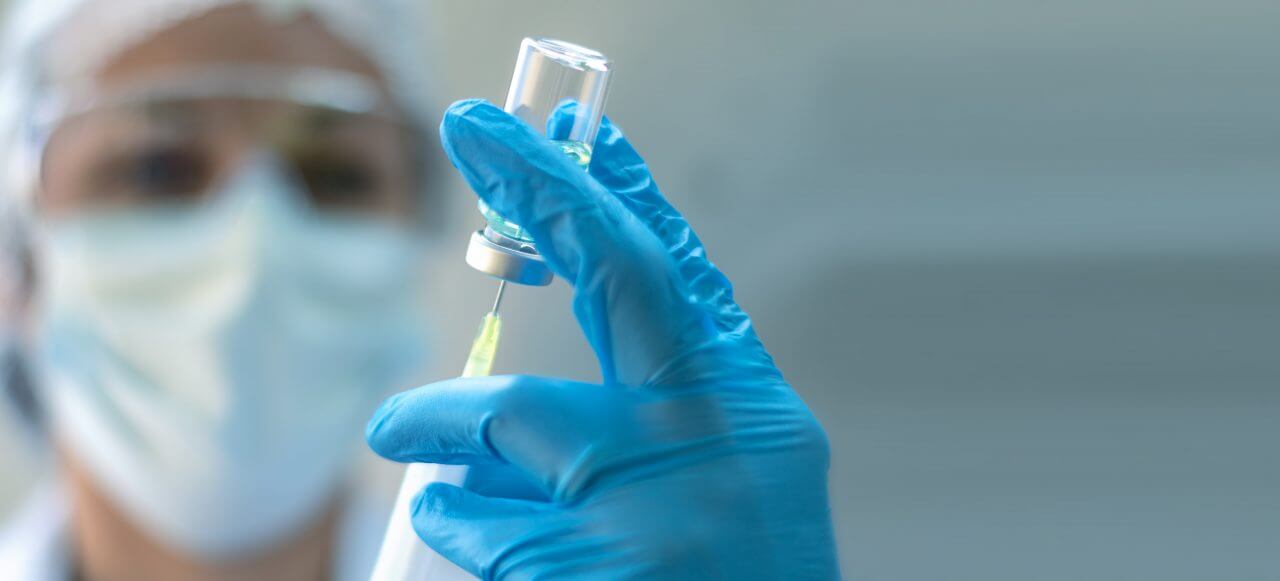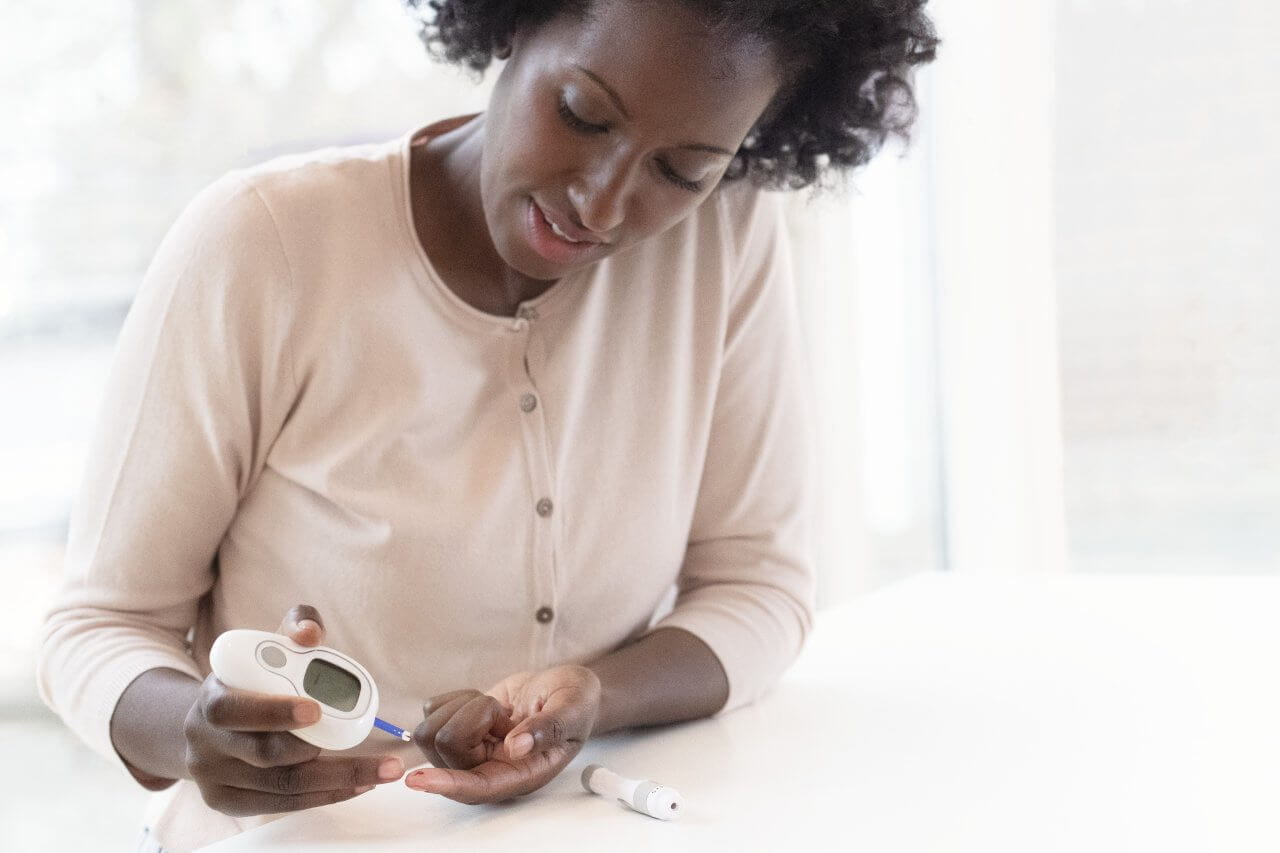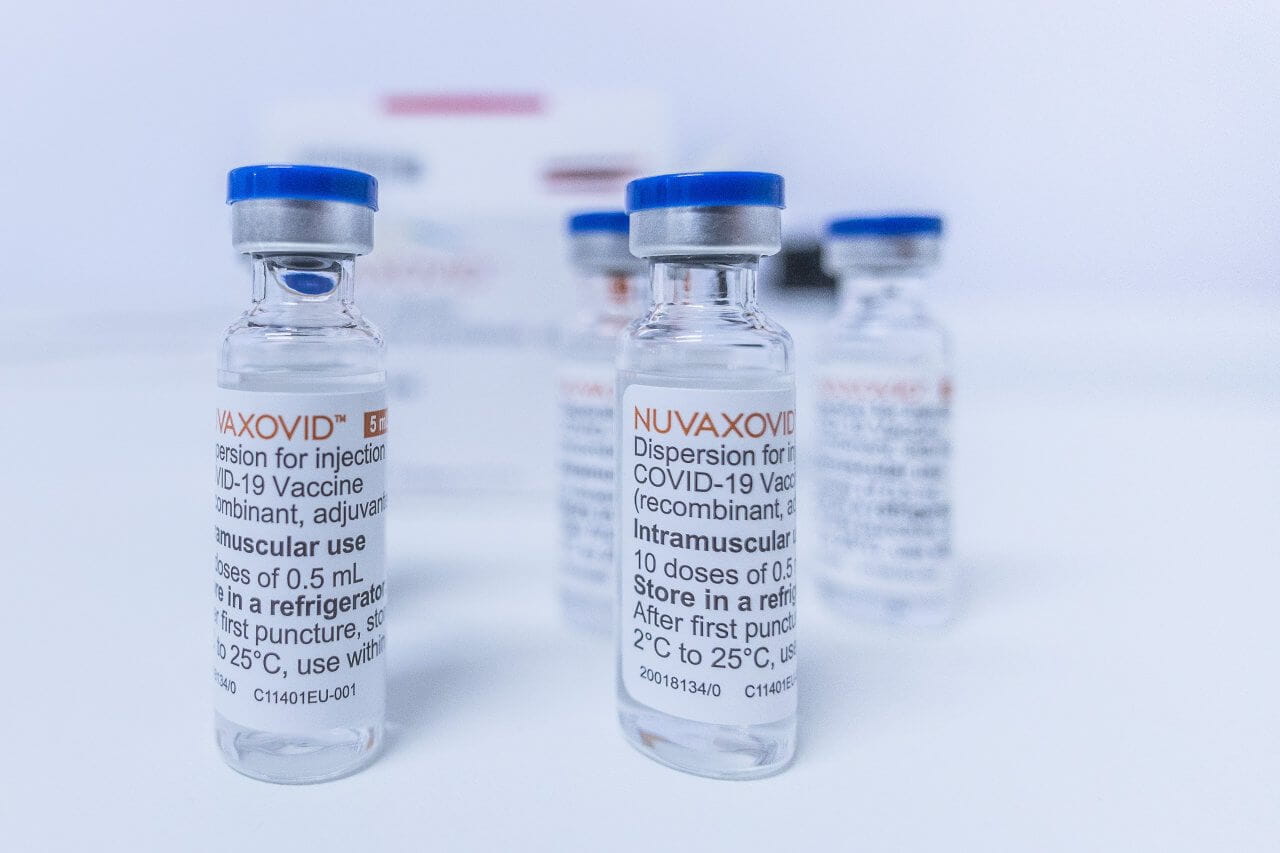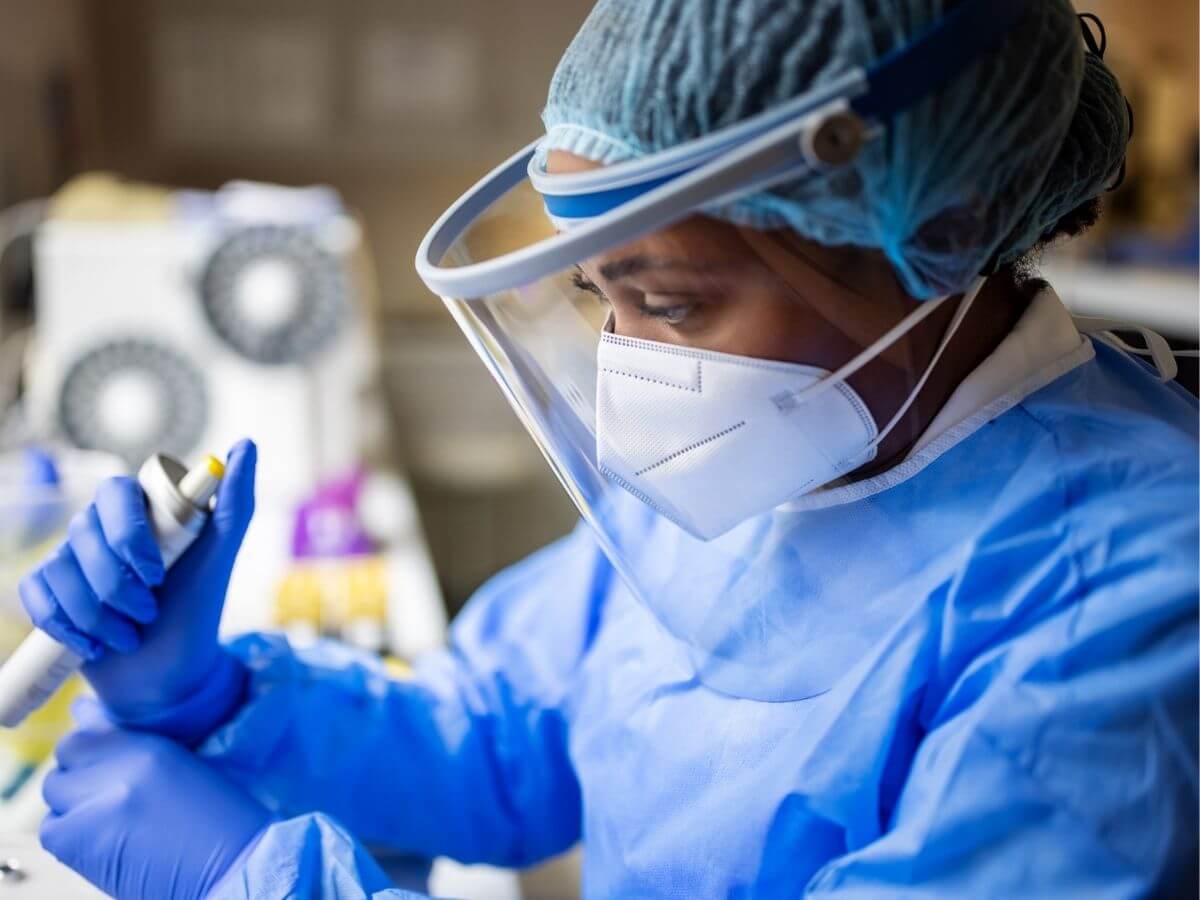What is Vaccine Efficacy?

Vaccine efficacy is the percentage reduction in a disease in a group of people in a clinical trial. It differs from vaccine effectiveness, which measures how well a vaccine works when given to people in the community outside of clinical trials.
In short, efficacy is the performance of a treatment under ideal and controlled circumstances, and effectiveness is performance under real-world conditions.
Why is Vaccine Efficacy Important?
Generally, for any vaccine to pass approval, it needs to show promising results during the three stages of clinical trials. In Phase 3 of a clinical trial, the vaccine is given to thousands of people and tested for efficacy and safety.
Efficacy refers to the difference between the people who encountered symptoms of coronavirus and those who felt sick without it. It’s measured during Phase 3, where researchers vaccinate some people and give a placebo to others.
The test subjects are then monitored over several months to see whether the people receiving the vaccine get infected at a lower rate than people who get the placebo, on average.
How is Vaccine Efficacy Calculated?
Using an example based on 100 people, if a COVID-19 Vaccine has an efficacy of 75%, that means that 100 people who were not previously infected with the coronavirus are given the vaccine, on average 75 of them won’t get COVID-19. Since an efficacious vaccine is crucial to preventing further morbidity and mortality, the greater the vaccine efficacy, the greater the percentage in reduction of illness in the vaccinated group.
Get Vaccinated. Get Back to Life.
Schedule your first dose COVID-19 vaccine so you can get back to doing the things you love with the people you miss. Find an appointment near you.
How’s Vaccine Effectiveness Measured?
Monitoring of vaccines doesn’t stop after they’ve been approved for use. When the vaccine is deployed, data will continue to be collected to study how well it works over the years for all vaccinated people.
Experts are working on many different types of assessments to learn how COVID-19 vaccines work in real-world conditions. Each assessment uses one of several different methods, which are outlined below.
- Case-control settings. These assessments include case-patients (people who have the virus that causes COVID-19) and controls (people who don’t have the virus that causes COVID-19). Those who agree to participate in a case-control assessment will provide information on whether they received a COVID-19 vaccine or not. Experts look to see if the case patients were less likely to have received the vaccine than controls, which would show that the vaccine is working.
- Test-negative design. This is a special type of case-control study. These assessments enroll people who are seeking medical care for symptoms that could be due to COVID-19. Experts then compare the COVID-19 vaccination status of those who test positive (meaning they have COVID-19) to those who test negative.
- Cohort studies. These assessments follow people who have and haven’t had a COVID-19 vaccine for several months to see if getting vaccinated protects them from getting the disease.
- Screening method. These assessments look at vaccination coverage among a group of people with COVID-19 and compare it with vaccination coverage among the overall population where those people with COVID-19 come from (for example, people from the same state). By comparing coverage among these two groups, researchers can get an early assessment of whether a vaccine is working as expected.
- Ecologic analysis. These assessments look at groups of people – such as those in different geographic regions or at different times – and find out how many people were vaccinated and how many people were diagnosed with COVID-19. These analyses may be hard to interpret because the number of COVID-19 illnesses has changed rapidly over time and in different places.
Are Vaccines with Higher Efficacy Rates Better?
Not necessarily. Efficacy numbers just tell you how each vaccine performed in a clinical trial.
That said, experts say that the best vaccine to get is the one that’s offered to you. The main goal of vaccinations isn’t zero COVID-19 as much as it is “taking the fangs out of the virus” to dramatically lower hospitalizations and death.
Not one person who was fully vaccinated by any of the available vaccines died or was hospitalized. That’s the most important thing. The big question isn’t which vaccine has the highest efficacy rate, but which one will keep you alive and out of the hospital. They all do that nearly at 100%.
More Questions About COVID-19 Vaccines?
If you have more questions about the Pfizer or Moderna vaccines, please visit the CDC.
To schedule your first dose, visit ScheduleYourVaccineNow.com to find available appointments at Baptist Health hospitals or call 800.444.0310 between 8 am-6 pm Monday through Friday.
Next Steps and Useful Resources:
The Importance of Getting the Second COVID Vaccine
What You Need to Know About Your Vaccine Card
Importance of Cancer Screening During the COVID-19 Pandemic
Vaccine Myths vs. Reality
What to Expect After the COVID-19 Vaccine



